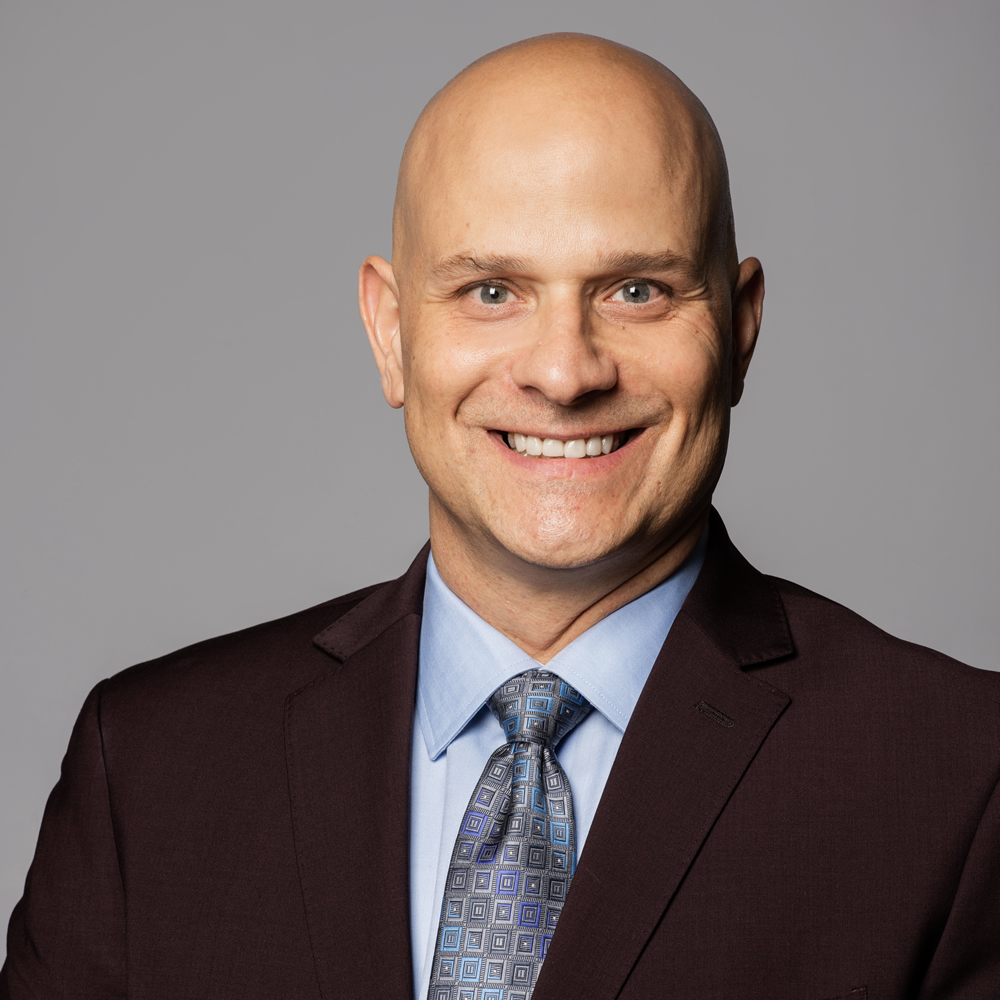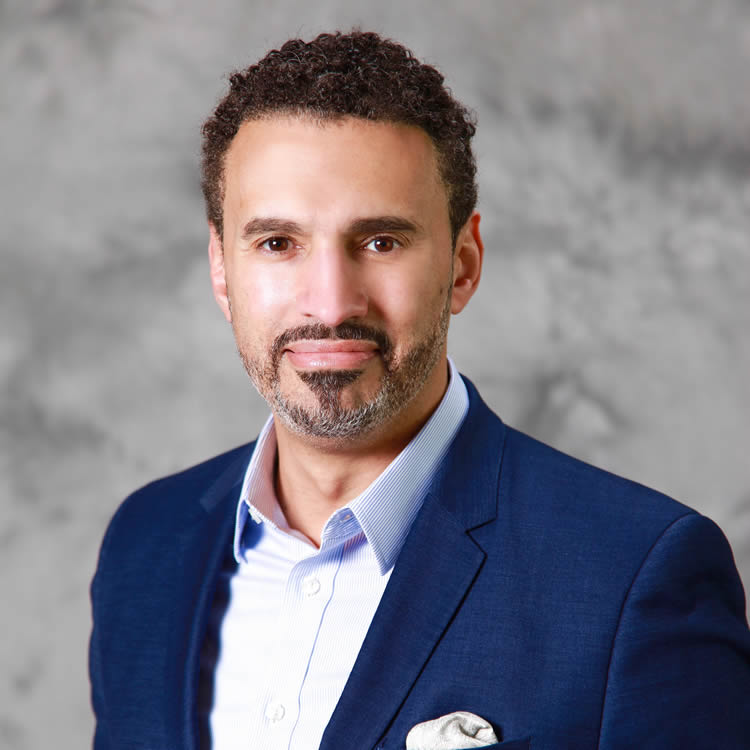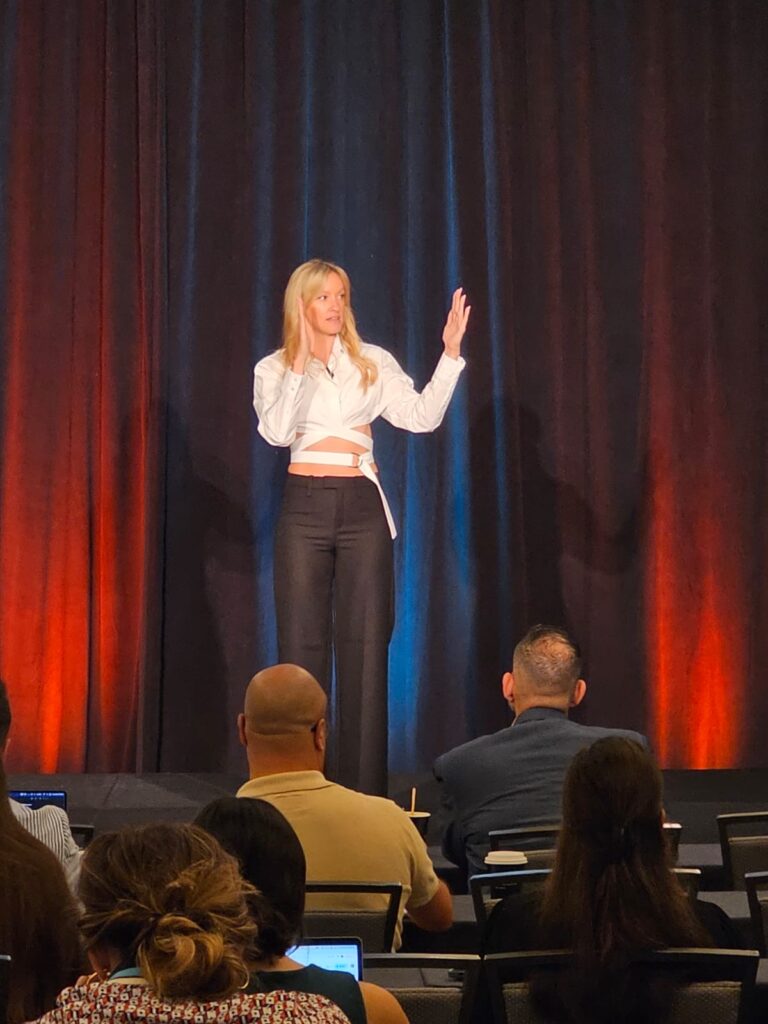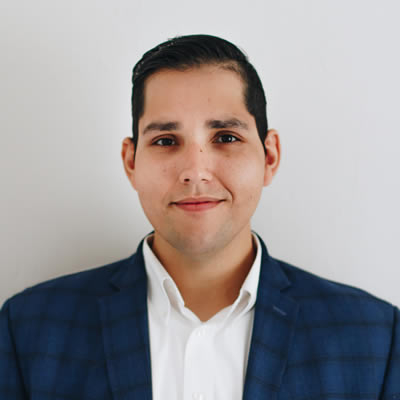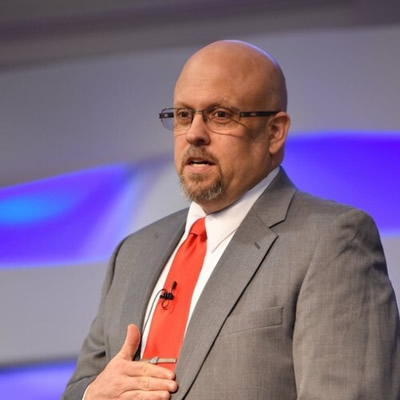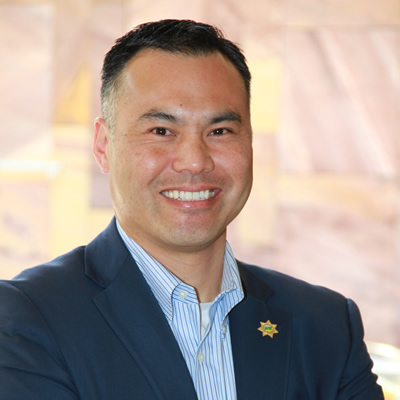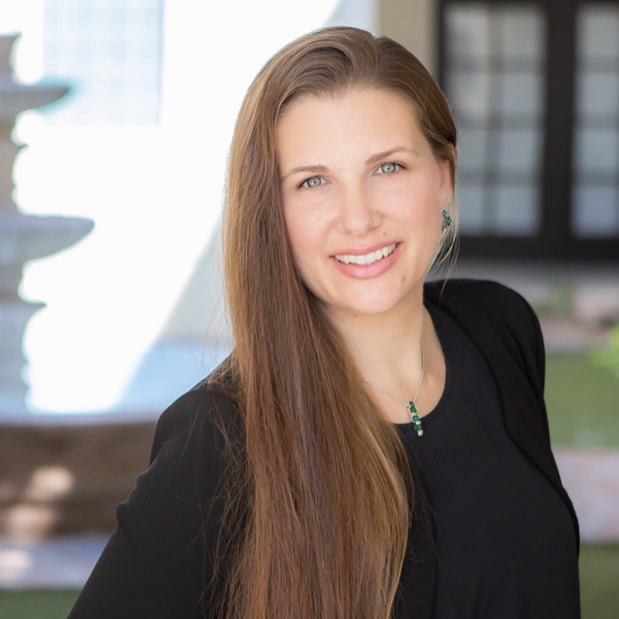We are collectively living through a very powerful and important moment in history. The recent murders of George Floyd, Breonna Taylor, and Ahmaud Arbery have led to a long-needed shift that is being felt across this country and around the world. For arguably the first time in history, the world has collectively opened its eyes and its ears and has begun to truly see and hear the unjust and cruel systemic reality that has been failing millions of people for hundreds of years.
Racial inequity is a societal crisis of the deepest kind
Systemic racial inequity is a deep-seated crisis that permeates through every corner of the infrastructure of our society. This includes law enforcement—indisputably—just as it includes our legal and judicial systems, our healthcare systems (COVID-19’s disproportionate impact on the Black community is a recent example of this), poverty rates, organizational processes and structures, and the list goes on.
Furthermore, it is not solely an American crisis. Systemic racism is a reality that rings true for an abundance of countries across the globe.
The fact that this crisis is systemic means it is complex, interconnected, and multifaceted, which means that the solution is not singular nor is it simple.
Like countless others around the world, I’ve spent the last weeks absorbing myself in actively listening, asking questions, learning, beginning to unlearn, contemplating, observing, introspecting, and having deep conversations… only to continuously repeat this process over again.
The good news is that the world seems to have awoken and is hearing this truth for what it is. Did it take centuries too long? Absolutely. Is that inexcusable? Absolutely. Is it time to join forces and work together to drive impactful change once and for all? Absolutely.
People don’t want empty promises
Over the last few weeks we’ve watched countless brands proclaim their stance as allies to the Black Lives Matter movement and publicly declare their intolerance for racial inequity and injustice.
Meanwhile, one of the biggest concerns I’ve been hearing from the Black community is that once the limelight stops, once the headlines change, that things will return to how they’ve always been.
Through the work that I do I’ve also sat with dozens of leaders who have asked the questions, “What if we aren’t believed? How do we prove that we mean what we’re saying?”
How do you prove that your declaration to the fight against racial inequity is not an empty PR stunt?
In short, by proving it.
Trust is earned and easily broken. Right now, it makes sense that there’s a lack of trust in the proclamations being made.
Think about it.
Black people, people of color, and minority groups of all forms have been living through systemic racism for as far as their ancestral histories date back. All the while, the systems that are supposed to protect them, care for them, nourish them, and provide for them, have continually failed them.
Let’s be honest here.
Organizations have known about the need for diversity and inclusion for decades. Racial inequity is not a new concept. Therefore, the questions of “Why now? Why did it take the murders of innocent Black men and women to be caught on camera for the world to wake up and take a stance?” are legitimate questions. Hence, the fear of this all going away once the online conversations subside is a legitimate and valid concern.
The only way to begin to repair pieces of the broken trust is by continuously showing up and earning it.
Many of our clients these past days have said something along the lines of:
“We’re considering doing [insert proactive initiative], but we’re not ready to announce it yet. We’re still figuring out the pieces. Is that OK?”
My response to that has been, “Yes, that’s OK. This means you are committing for the long-haul. This means you can come back in two months, when the public conversation has gone elsewhere, and bring this conversation back to the table, back to the forefront, and prove through your actions that your communication was not an empty promise.”
Successful crisis management requires both effective action and communication to happen simultaneously. This well-known Crisis ReadyTM Rule applies here. Effectively managing this engrained societal crisis is going to take a whole lot of commitment to both action and communication moving forward.
No one has all the answers right now
As this problem is immense and complex, so is its solution. No one person or entity has all the answers, nor is one person or entity responsible for all the blame—but every person and entity does play a role in the change that needs to happen.
One of the reasons that the Crisis ReadyTM Institute was founded was to help tackle some of the complex problems within this world and, in doing so, to help elevate status quo in the interest of creating a kinder, safer, more balanced world.
Part of the way in which this startup aims to do this is by facilitating conversations that bring forth differing perspectives, well-rounded education, awareness, and actionable commitment. Over the coming weeks and months the complex layers surrounding systemic racial inequity and the solutions thereof will be a big part of the dialogues we have publicly, within the Crisis ReadyTM Community and within our Crisis ReadyTM Coaching Program.
Next Wednesday, June 17th at 1pm eastern, one of our Advisory Council members, Licy Do Canto, is leading a virtual discussion on “how we lift ourselves out of crisis faster and build racial justice in America”. It’s free to attend and it’s going to be an important dialogue that focuses on actionable steps forward. We hope you can join. Register here.
Founder and CEO of the Crisis Ready Institute, Melissa Agnes is the author of Crisis Ready: Building an Invincible Brand in an Uncertain World, and a leading authority on crisis preparedness, reputation management, and brand protection. Agnes is a coveted keynote speaker, commentator, and advisor to some of today’s leading organizations faced with the greatest risks. Learn more about Melissa and her work here.


